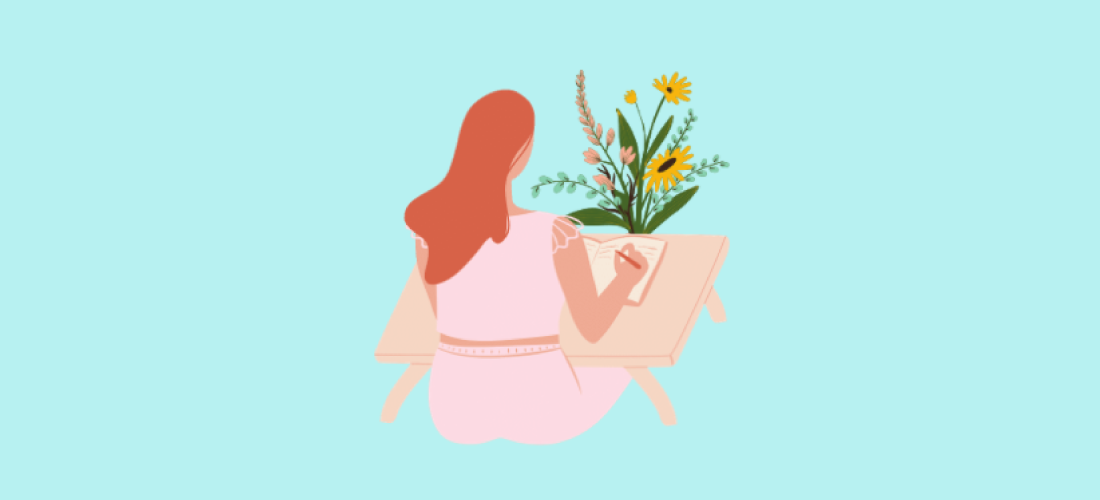
I’ve made many attempts to journal throughout my life. As a child, I received a diary with a little lock and key as a birthday present but my interest in it was short-lived. I made a second attempt in high school and again, lost interest. It wasn’t until I started university that I knew my methods needed to change, but my goal remained the same — I wanted to document my life.
When I was younger, I recall my high school teachers and parents telling me that my university years would be the most impressionable and memorable years of my life. My early twenties would be the time that I discover myself and my interests, my likes and dislikes — all the details that make me a person. But as I navigate my life as a university student, I am finding that, as these discoveries happen, I can’t remember them.
In a recent attempt to procrastinate, I stumbled upon one of my attempts to journal, which I had been working on in the fall of 2019. I was one year into my university career, had changed my program three times and was still far from having a grasp on my independent life.
I recall being easy on myself, not holding myself to a daily commitment, but engaging in frequent check-ins and reflections. At the time, I wasn’t sure what I wanted to get out of documenting my life, so I became flexible with my definition of journaling.
This is what made all the difference.
Some people write about their day before bed while others curate a photo gallery of their time out with friends. No matter the activity, journaling is simply a personal record of one’s thoughts, feelings and ideas — and it can take many different forms.
My strategy to stick with documenting my life was to make it as accessible as possible.
I began texting myself grocery lists and words that sounded nice. I took pictures of bulletin board advertisements for events that happened three months ago and another of a paper cut on my index finger. I curated playlists for the many seasons of my life and stuck a post-it note of my new glasses prescription to my bedroom wall.
This method of journaling was successful for me because I am an enormously sentimental person. I keep every knickknack, parking receipt from happy days out and hand-written birthday cards I receive. I like to remember all the mundane details.
Now, looking back at my last four years in Saskatoon, I am happy that, despite the many failed attempts, I have managed to produce an assortment of random documentations throughout my years.
More than anything, I know that I will remember the big things. I will remember meeting that special person or that uncomfortable conversation.
But I won’t remember the little details in between that smoothed the cracks of those memories.
I believe the details we choose to focus on tell us more about ourselves than the bigger picture.
Although I am still in the earliest stages of my life, I know what is important to me. My initial dilemma when facing the future was that I was afraid that I would forget the important things. But I realize now that it is the little forgotten details that make those memories important.
Attention to detail doesn’t have to be perfect because the details aren’t supposed to be perfect, they only have to be yours. And sometimes details can be as mundane as a piece of spinach in someone’s teeth or walking into class late.
I like knowing that I can look back at my old conversations or in my camera roll and recall the person that I was and the way that I felt. To me, barking dogs, a song I replayed for two weeks straight or the perfume of the stranger in the hallway are what makes my days different and memorable.
—
This op-ed was written by a University of Saskatchewan undergraduate student and reflects the views and opinions of the writer. If you would like to write a reply, please email opinions@thesheaf.com. Rayyann Haque is a fourth-year undergraduate student studying Archaeology and Anthropology, and is a Staff Writer at The Sheaf Publishing Society.
Graphic: Kanika Gupta
Leave a Reply